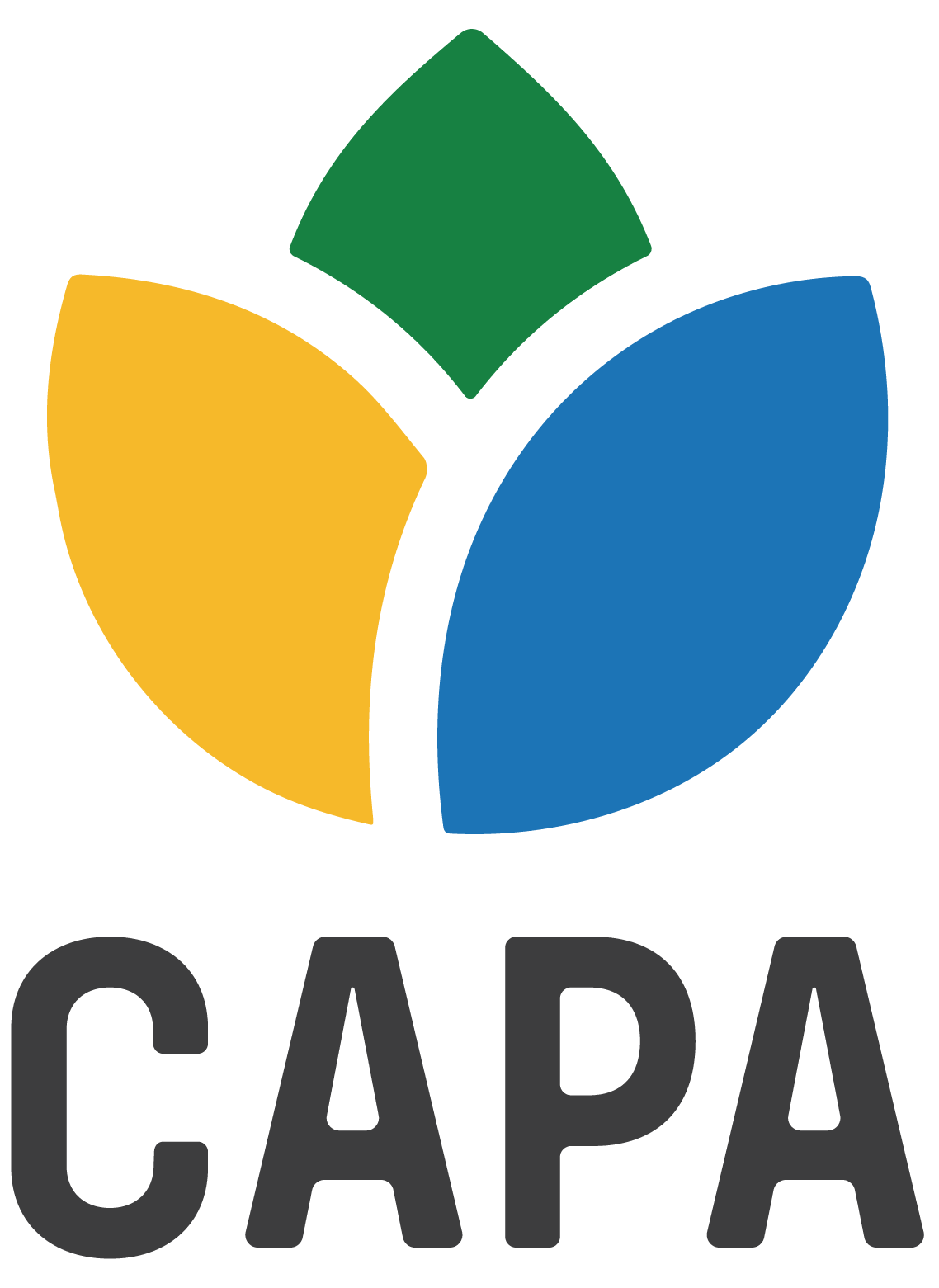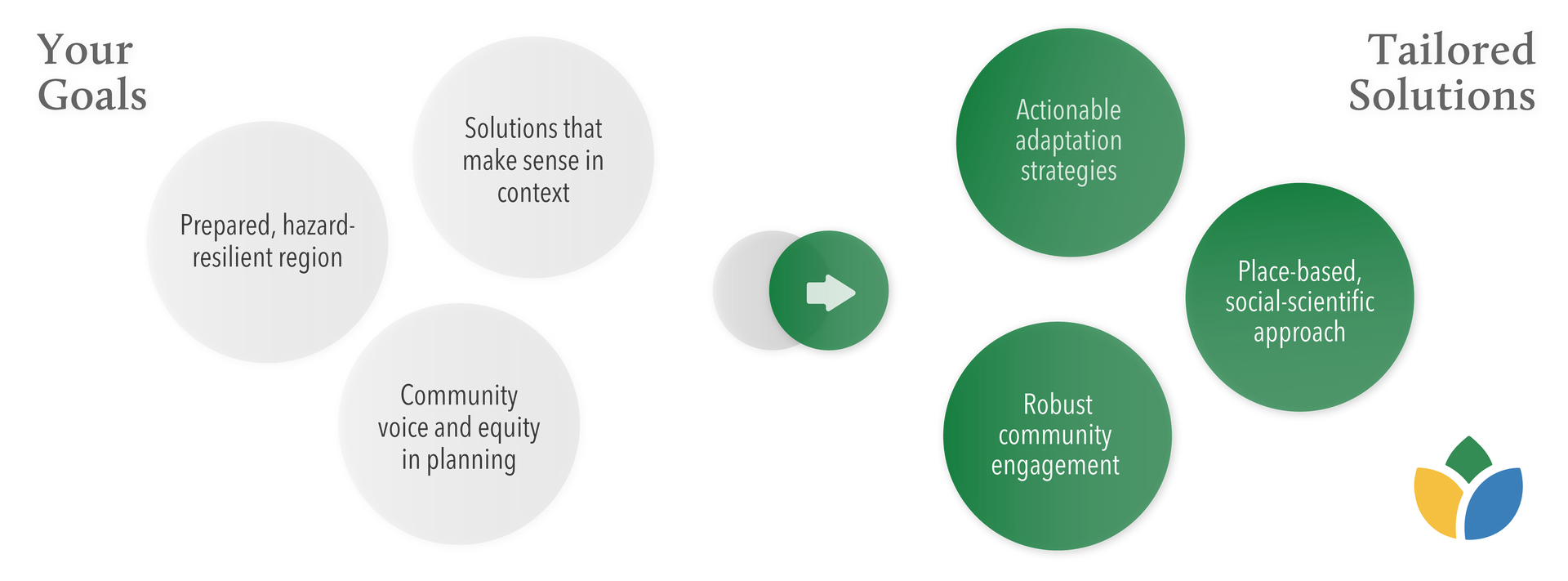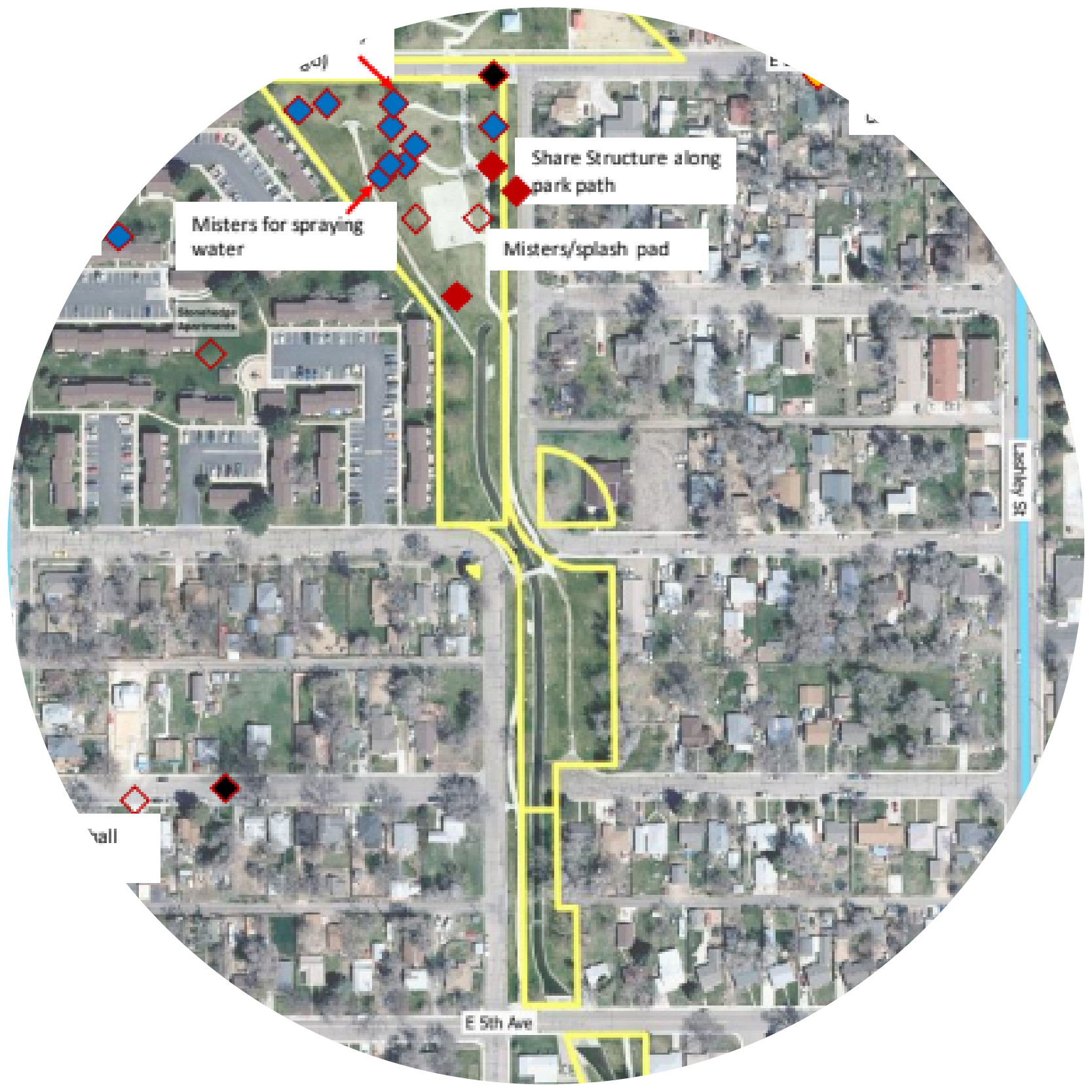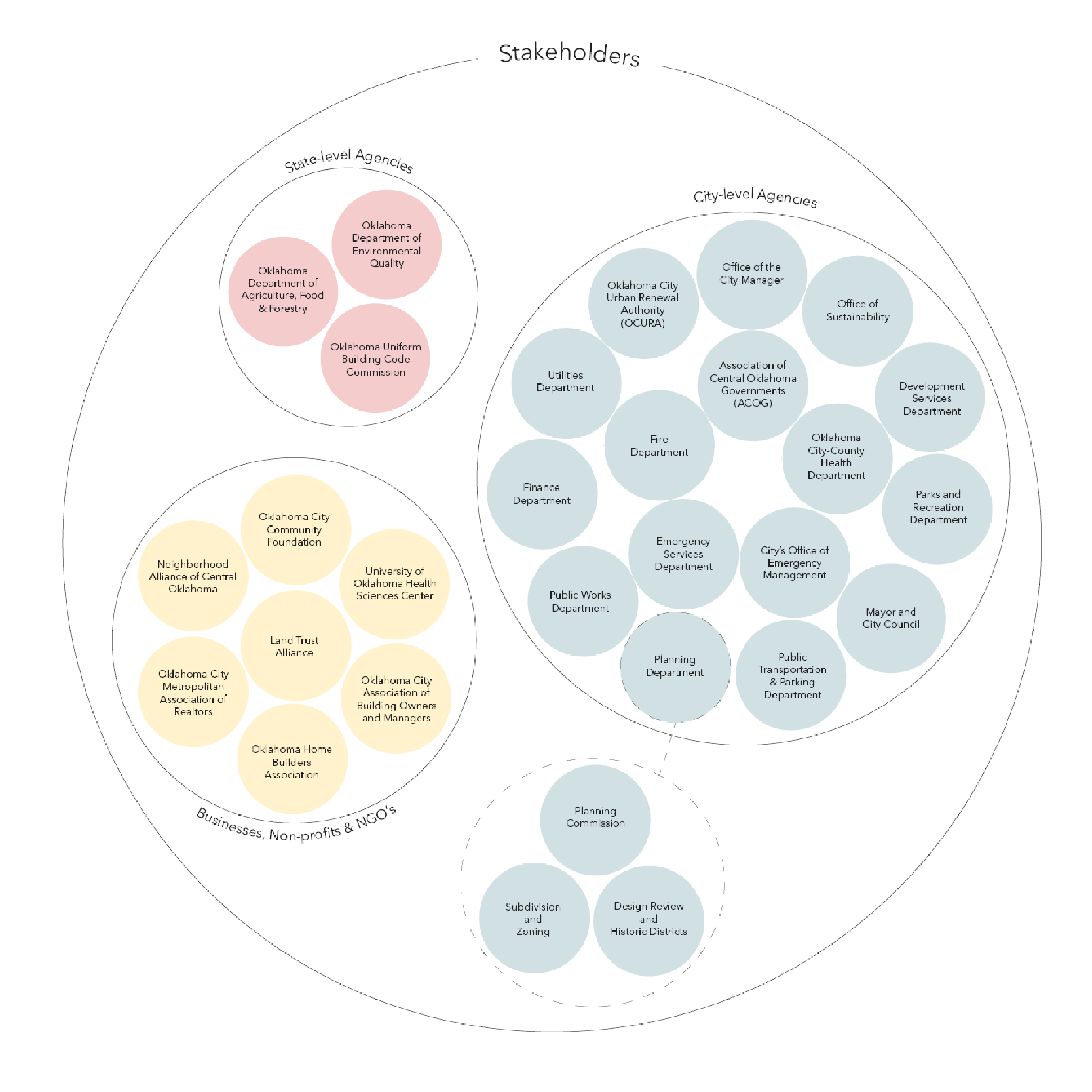Community
Engagement & Social Research
Environmental assessments tell us what natural hazard stressors are present, where they occur, and with what intensity. Social research and community engagement tell us how those stressors are affecting people, why they matter, and what solutions are feasible. At CAPA, we emphasize the human side of natural hazards: who is affected, who is making decisions, what capacities and restrictions exist, and what that means for local communities? This an essential component of place-based hazard adaptation. Community engagement and social research allow you to move from descriptive data and best practices to holistic understanding and action grounded in local context.
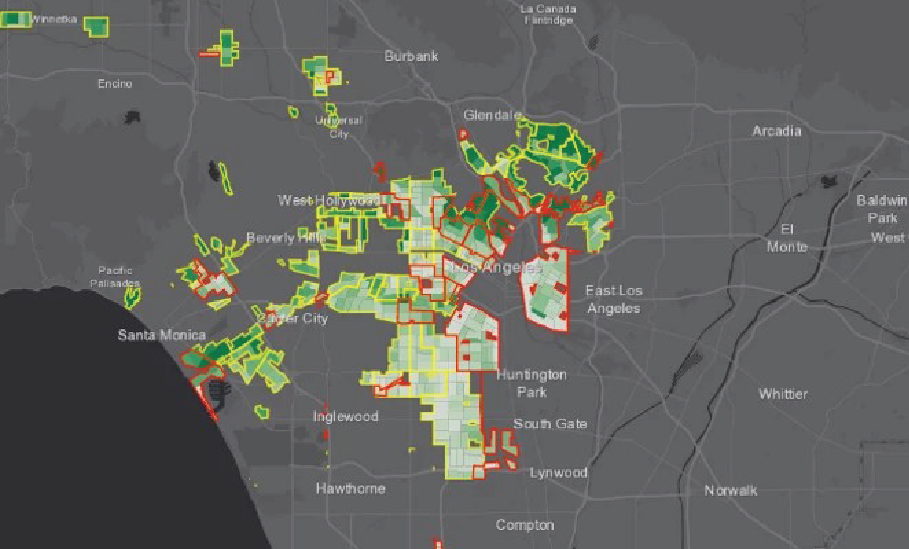
Jurisdictional Scan
With a Jurisdictional Scan, CAPA will examine existing local legislation, policies and programs that could advance or limit your desired adaptation strategies for a hazard of interest. We will engage with local stakeholders to identify current roles and opportunities for cooperation.
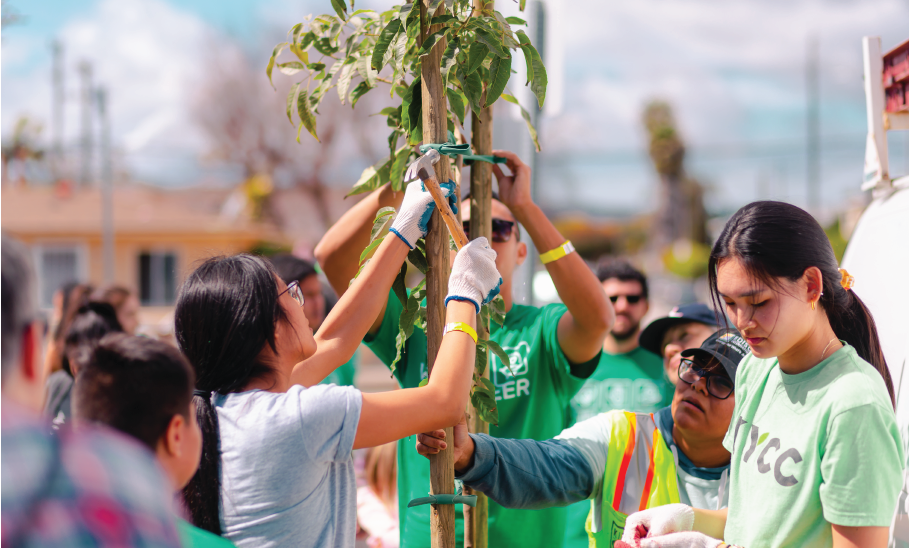
Intervention Guidebook
Not all hazard adaptation strategies are suited to every population or place. With an Intervention Guidebook, CAPA will work through best practices, and develop a suite of actionable intervention options appropriate for your context and climate stressor of interest.
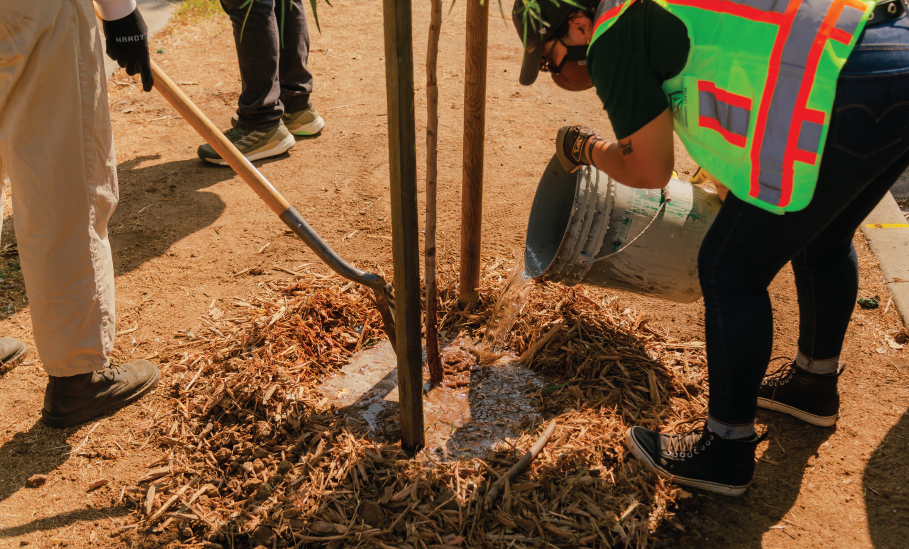
Community Engagement
Often, the communities most impacted by natural hazards are the most exposed and hardest to reach. CAPA will work with you to develop a framework for conscientious, effective engagement with priority communities in your region.
Longmont, Colorado
City of Longmont Community-Informed Cooling Solutions
CAPA worked with the City of Longmont Sustainability Office to develop a comprehensive community engagement strategy for high-priority, heat-vulnerable neighborhoods. The team created a heat experiences survey, a workshop agenda, and informational materials around which to frame community conversations about heat. Residents in three neighborhoods, engaged in a variety of settings, provided input on what cooling solutions they wanted to see and where solutions should be implemented.
Oklahoma City, OK
Heat & Air Quality Experiences Survey, Jurisdictional Scan, and Intervention Guidebook
Oklahoma City partnered with CAPA to explore impacts and actions around extreme heat and air pollution. A survey allowed for comparison of experiences between high and low heat vulnerability zip codes and revealed community needs, while a jurisdictional scan provided an overview of relevant plans, programs, and codes. The final intervention guidebook offers detailed options for heat mitigation and adaptation informed by best practices, local experiences, and regulations.
Portland, OR
Northwest Family Services (NWFS): Summer and Winter Resilience Surveys
CAPA partnered with NWFS, a non-profit serving low-income communities to research their clients’ experiences with extreme weather (heat and cold). CAPA designed two bilingual surveys to assess individuals’ perceptions, concerns, coping mechanisms, and needs during summer and winter seasons. This research resulted in a set of actionable recommendations for NWFS to follow as they continue to engage with and provide seasonal support to their clients.


Dana Hellman
Program Manager
Dana manages the implementation of CAPA’s Resilience program. She is an environmental social scientist and earned her PhD in Earth, Environment & Society from Portland State University.
